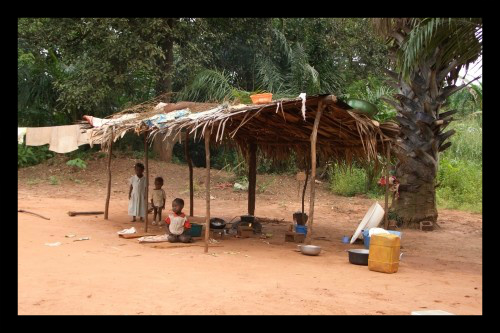Food Crisis in the Central African Republic

The Central African Republic is now facing a food crisis nearly four months after a coup overthrew the government and proclaimed the leader of the Seleka rebel coalition, Michel Djotodia, as president. More than 60,000 people are suffering from severe food shortages, and 200,000 have been forced to flee their homes due to instability in the region.
Food shortages are nothing new for the country, as last year the United Nations claimed that upwards of 800,000 people, nearly 20% of the country’s population, experienced some level of food crisis. However, the current shortages have the potential to be much more severe as the fighting has severely impacted the country’s agriculture, with many families losing food stocks, seeds, and livestock.
Due to the new government administration, and ongoing political turmoil following the coup, access for humanitarian agencies throughout the country has been restricted, especially in some of the hardest-hit rural areas. Yet before this can change, security throughout the country must improve. This lack of security has further led to the closing of health centers and schools due to safety concerns. Nearly a million children are out of school as a result of these closures, and a significant percentage of those have missed nearly a full school year due to the ongoing conflict.
Funding for humanitarian work is an ongoing issue. Current donations account for only about 43% of the $125 million in aid that the UN estimates are needed in the Central African Republic. The Archbishop of Bangui, Dieudonné Nzapalainga, said, “The current humanitarian crisis is the worst in the country’s history. It is urgent that the international community provides funds quickly to help and to save lives. The world can’t turn a blind eye on the crisis here. The country is bordered by six of the most fragile African nations—there is a high risk of destabilization throughout Central Africa.”
– David Wilson
Sources: WFP, The Examiner, Action Against America
